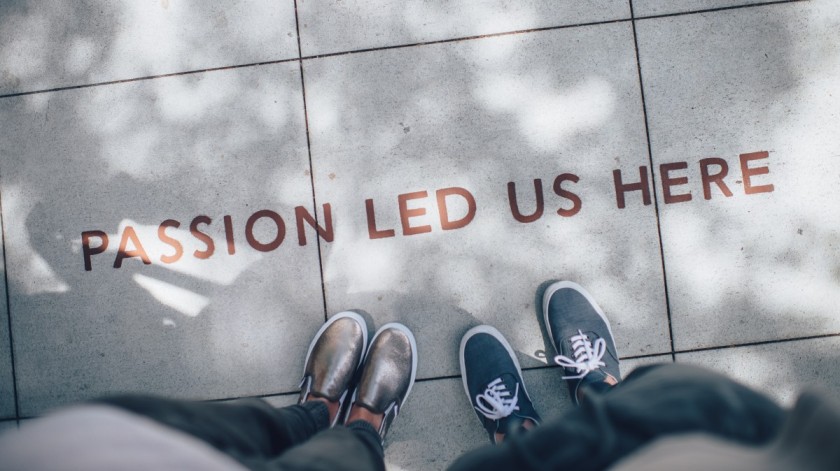
We live in incredible times with such possibilities that is clear. Although its easily dismissed seeing criminals creating their own ChatGPT clones, Fitbit becoming useless without data sharing and those Tiktok frenzies.
To quote Buckminster Fuller “You never change things by fighting the existing reality. To change something, build a new model that makes the existing model obsolete.”
You are seeing aspects of this with the EU naming the gatekeepers, the 1.26 million Kardashion crypto fine and Signal’s CEO calling out AI surveillance technology.
Thinking about buying a creepy car?
Ian thinks: Thanks to Mozilla’s privacy not included project, its clear almost every major car brand is sharing your personal data without any consideration of privacy. Everything from race, weight and health is free shared without the drivers consent.
Cannabis could save the environment?
Ian thinks: This piece from German broadcaster DW really makes clear the positive potential impact of Cannabis in the fight for a greener more sustainable economy. Its a real eye opener and for reasons you didn’t think.
Regularly using the internet can half the risk of dementia
Ian thinks: When I first read this, I had looked through the paper taking it a part to see if there was something which could be wrong. However it’s solid and surprised it didn’t get much attention.
The big con, How the Consulting Industry Weakens society
Ian thinks: I started reading this excellent book, really digging into the 4 audit consultancy and Its ultimate affect on more than just businesses. I noticed DW’s mini documentary about most of the problems raised in the book is good start..
Is this the UK Government U-turn you wanted?
Ian thinks: In short no, it sounds like the UK government might have done a U-turn on the encryption in the new online safety bill. But it is still there waiting for the right moment.
Crypto was never really the saver
Ian thinks: Sex workers and adult entertainers are usually demonised by the mainstream, turned to crypto made sense. But like most things in the crypto space, its never so simple and the wired piece outlines some horrible and disturbing problem. There has to be a better way for the sake of so many.
Living Next Door to Russia, Ensh*ttification and Veilid explained at Defcon
Ian thinks: In the last few weeks, Defcon, Tech Open Air and Techcrunch disrupt have uploaded their conference videos. I found Mikko, Cory and the Veilid talks the best so far. Although I will give a nudge for the Opera and Vivaldi founder from TOA.
What people don’t know about the Luddites
Ian thinks: The word gets thrown around a lot and very few people know the history. In this podcast it becomes clear the luddites image of techbophic is very wrong. With thoughts for the future with generative AI and power, the Luddites image is due a rethink.
Learning from the Fediverse
Ian thinks: The fediforum is the unconference for the fediverse. I took part in the September one and learned a lot including how activitypub can become the plumbing channel between the usual (microblogging) and unexpected applications like event management (gath.io)
Find the archive here





 Photo by
Photo by 




